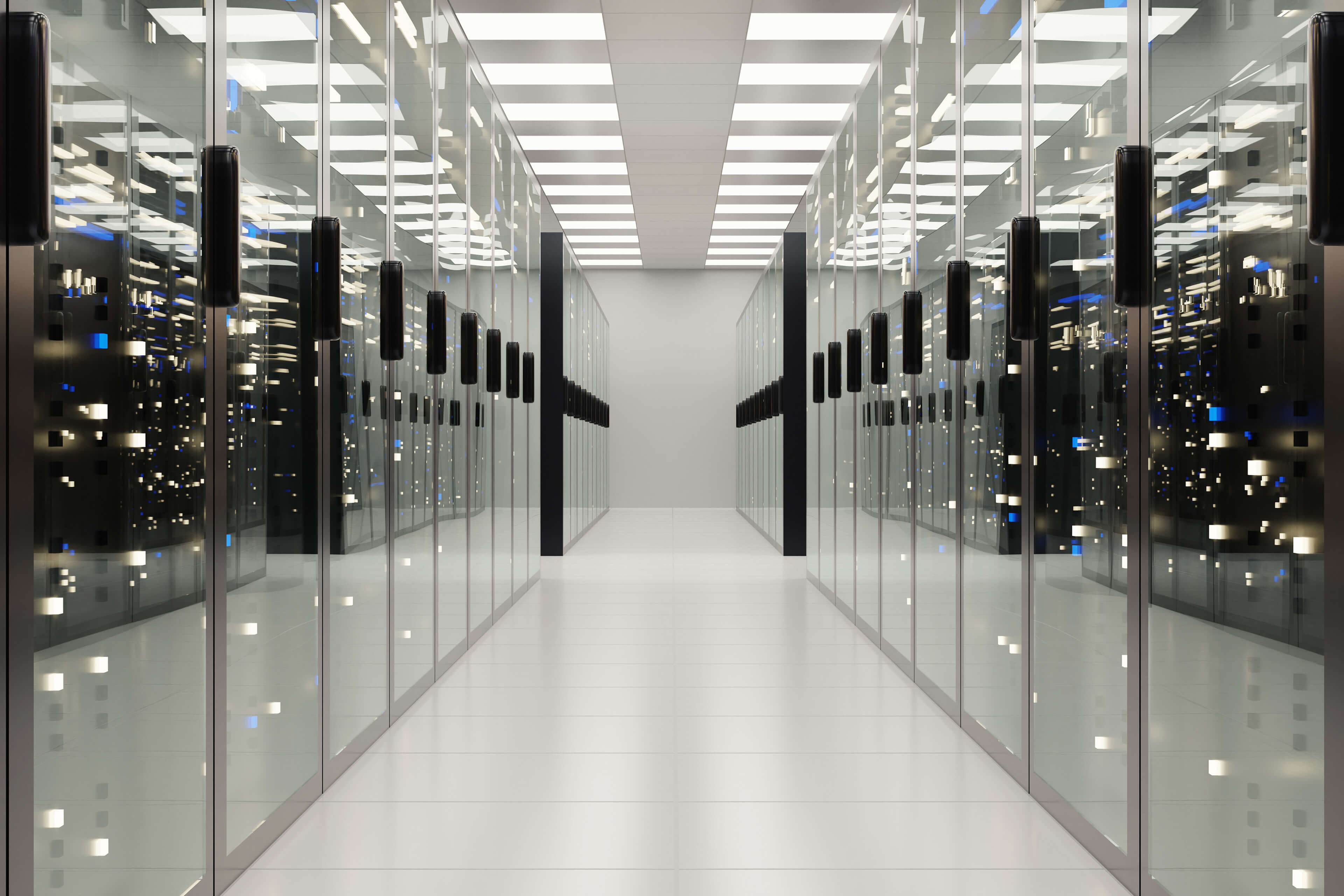How to power data centres with renewable electricity

Data centres consume a lot of energy. Since 2010 the number of internet users has more than doubled, while data centres alone used around 340 TWh of electricity in 2022, equivalent to about 1% of global electricity consumption. The IT sector is responsible for close to 3% of total greenhouse gas emissions.
While rapid digitalisation continues to increase its energy demands, the IT industry has long been a leader of the energy transition. Tech businesses are among the biggest corporate buyers of renewable energy. In Europe, data centre operators also face new renewable energy use aimed at speeding up decarbonisation.
New renewable energy requirements for data centres in Europe
On March 14, 2024 the EU Commission adopted a new delegated act that establishes a common Union scheme to rate the sustainability of all data centres with a power demand of 0.5 MW or more.
Starting in 2026, data centre operators will have to report several sustainability factors, including total electricity consumption and the share covered by renewable energy. Renewable energy consumption will be the sum of deliveries from the grid and PPAs documented by Guarantees of Origin (GOs), as well as on-site installations.
Additionally, Germany adopted at the end of 2023 a new Energy Efficiency Act, mandating all German data centre operators to cover 50% of their electricity consumption with unsubsidised renewable electricity as of January 1, 2024, and 100% as of January 1, 2027. The purchase of Guarantees of Origin documenting renewable sources is sufficient in this respect.
How IT companies source renewable energy
The big-tech, large-scale approach
Some corporates are in a position to follow an industrial approach in their shift to renewable energy and invest in new clean energy installations. Amazon, for example, has helped finance more than 500 solar and wind projects globally, making it the world’s largest buyer of renewable energy in 2024.
Other big tech firms like Google rely on Power Purchase Agreements (PPAs). Typically signed for multi-year periods, PPAs are contracts through which an electricity consumer agrees to buy electricity directly form a producers – typically with delivery through the public grid – at a fixed price.
PPAs guarantee the consumer hedging against volatile energy prices. At the same time, they afford developers a steady, long-term source of income that makes new renewable energy projects, such as solar or wind parks, viable.
In all cases, companies use Energy Attribute Certificates (EACs) to document clean energy purchases. These market-based instruments can be bundled with the electricity delivered by PPAs to allow the off-taker to prove its renewable origin.
The flexibility of unbundled Energy Attribute Certificates
EACs can also be bought separately from the physical electricity supply and without the need for a PPA. Unbundled EACs are sold at prices dependent on supply and demand and allow consumers who source electricity from the grid to choose their energy source without committing to long-term contracts.
Unbundled EACs thus provide greater flexibility for data centre operators and other tech companies. They allow organisations to choose the power suppliers and EAC providers independently, based on market prices. They also make renewable energy accessible for organisations of all sizes, even if they lack the financial muscle to sign a PPA.
EACs take on different names in different geographies: Guarantees of Origin in Europe, Renewable Energy Certificates (RECs) in North America and International RECs (I-RECs) in a growing number of countries in Asia, Latin America, and Africa. All EACs follow the same principles and work in similar ways.
How can Ecohz help
Ecohz can get you to your renewable energy goals. We work with companies in the IT sector to procure renewable energy for their data centres from a broad supplier portfolio. We can also advise in designing renewable energy strategies and tailor solutions to specific needs around the world.
NRverse is using blockchain to decarbonise virtual worlds
What do blockchain, a party in the metaverse, and a virtual hat have to do with renewable energy? NRverse, a German venture purchasing Energy Attribute Certificates from Ecohz, believes that such an improbable mix could help them make the web synonymous with renewable electricity.

Do you want to know more about our products and services? Let's have a chat.
Get in touch
Peter Bloor
Director Corporate Sales